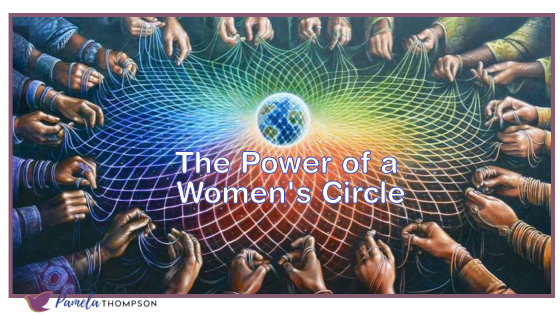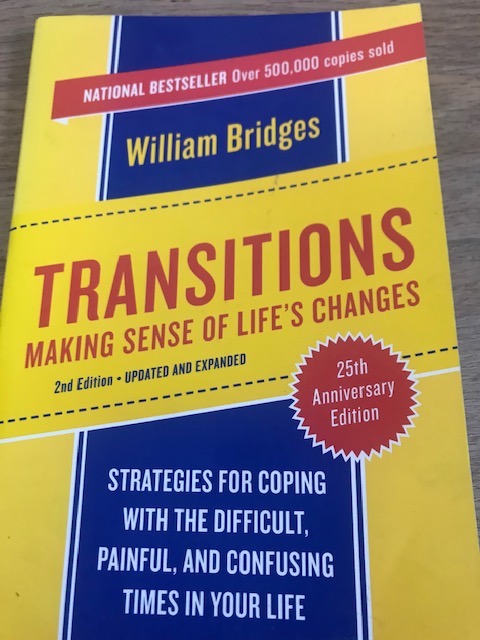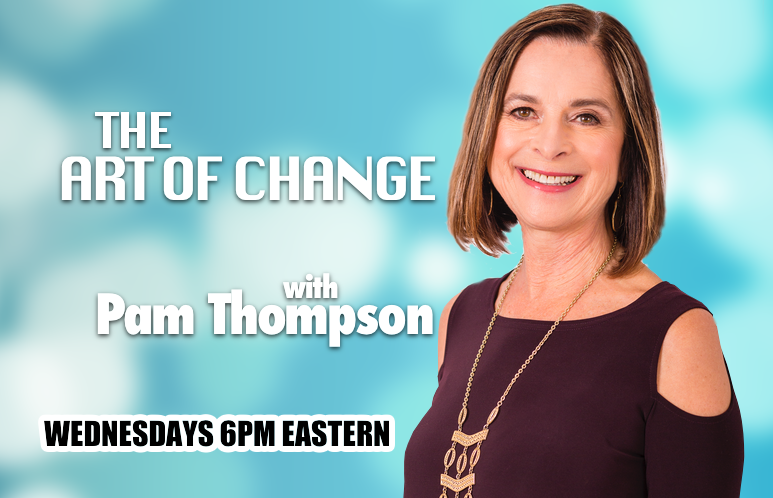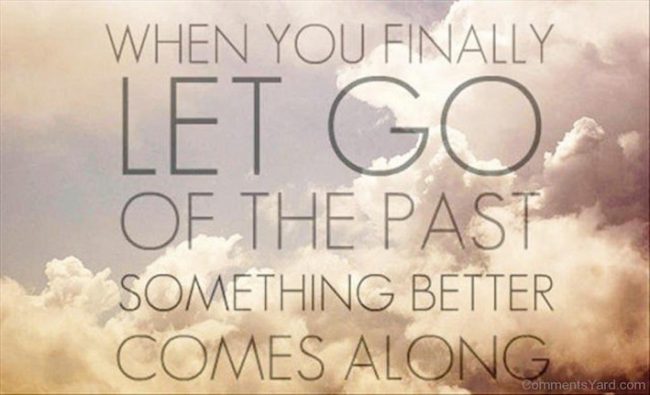
by pam | Oct 1, 2022 | Coping with Change, Feminine Leadership, Health & Wellbeing, Self-Care
About four years ago a friend told me about a weekend training which was the “way in” to being part of a new Women’s Circle that was forming locally. Being curious and relatively new to the area, I thought this might be a way to make new women friends. I eagerly signed up and on entering the room felt welcome and in the company of like-minded women. The facilitator began the workshop by creating a safe space for us all; one of confidentiality and respect.
At the end of the weekend, we were asked if we wanted for form a new Circle and I jumped in without hesitation. Little did I know the journey I was about to embark on!
After being part of a Women’s Circle I am a changed person. I now am more in touch with my feelings and have learned to trust my intuition and share my thoughts with others in the Circle and beyond. I have experienced each woman growing, stepping into who she is, and creating the life she desires from the inside-out. We have supported several women through separation and divorce, one has retired, and another is contemplating retirement. Women have tapped into their creativity. One is composing music and has started playing regularly at a spiritual center. Another is drawing beautiful mandalas and has recently been asked what price she would ask for them. We now plan social events from time to time to share playful and fun times together. I look forward to our bi-weekly meetings and being in a circle of women who truly love and respect me; women who I know will always share their truths and perspectives if I ask.
Jean Shinoda Bolen in her book The Millionth Circle – How to Change Ourselves and The World, beautifully articulates the power of a Women’s Circle and how to create and maintain one. Dr. Bolen “provides tools and inspiration for women to create new circles or deepen and transform existing circles into vehicles of societal and psychospiritual change.”
Based on my own experience I decided the context for my new book The Exploits of Minerva would be a Woman’s Circle with six women who have been supporting one another in a Circle for more than two decades through a variety of life transitions. Stay tuned for the launch coming soon!
I encourage you to check out Dr. Bolen’s book and google Women’s Circles if you’re interested in learning more. If you have experienced the power of a Women’s Circle, I invite you to share your thoughts in the comments below.

by pam | Nov 30, 2020 | Change, Creative Living, Dealing with Stress, Dealing with Uncertainty, Embracing Change, Uncertainty, Women in Business
We are almost 9 months into the pandemic. How has it been for you? It is useful to reflect on what you’ve learned from a life change/period of uncertainty/transition.
According to William Bridges, author of “Transitions: Making Sense of Life’s Changes”, in order to move successfully from one life transition to another, it is important to let go of any negative emotions associated with it, to celebrate the positive aspects and lessons learned from it … and to get clear on your vision for a new life, relationship, career, business.
Bridges differentiates between a life change and a transition. He states that a life change is situational and external to us, whereas a transition is internal and psychological. It is the internal work we do to adapt and reorient ourselves to our new external reality.
Research and life experience show that if we don’t do the internal transition work, then we often recreate the same patterns in our lives. An example is someone after 3 marriages realizes that s/he has married 3 men/women who are similar having dealt with the same issues in each marriage, never resolving them but instead recreating them and remaining unhappy and unfulfilled or moving on to the next.
In my personal life, work with clients, and interviews with leaders, I’ve discovered that people have reacted in many different ways during the pandemic. Some were initially knocked off balance and found it really challenging to deal with all the changes in their work-life, family life, and personal life. They had difficulty focusing and were unproductive. Many have been “up and down” in terms of their emotions and focus during the pandemic. In contrast, others after the initial shock, found their creative juices flowing and dove into new projects. They continue to feel energized and optimistic.
No longer having to commute to work, many have taken time to reflect and realized the work they were doing was not fulfilling. They have been preoccupied thinking of how they can transition out of a “real” job and start that business they’ve been dreaming about.
Others are reeling from the loss of a loved one or loved ones who were sadly taken from them due to COVID-19. Still others have recovered from COVID-19 with negative impacts on their health that have forced them to change their lifestyles and adapt to their “new normal”.
The pandemic, in the context of change and uncertainty, has caused much upheaval in many of our lives. It has also put us in touch with how we typically respond to change and why. Do you typically embrace or resist change and uncertainty?
Here are a few questions to ask yourself to reflect on and provide you with insight into how you respond to change and uncertainty. I encourage you to take some time and journal your responses to the following questions: What have you learned from COVID-19 about …
yourself?
your partner?
your family?
your workplace/who you work for/your team?
how you work best?
the environment?
Inequities happening around the world?
Learn from and embrace life transitions is one of the 7 keys in my book “Learning to Dance with Life: A Guide for High Achieving Women”. Several years after writing it and coaching a number of business and professional women, I realized that out of the 7 keys, it is the master key that “unlocks the door” to a life of increased health, happiness, fulfillment and inner peace.
Working further with leaders and changemakers, I created the Art of Change Framework: A Guide to Personal and Organizational Change. If you’d like to learn more about how to embrace change, I invite you to access “The Art of Change Framework” on my homepage at: https://pamela-thompson.com/
What have you learned about yourself and others since COVID-19 began? I welcome your thoughts and comments below.

by PT-clc | May 24, 2019 | Change, Changemaker, Embracing Change, Entrepreneurship, Leadership, Women in Business
While vacationing in Mexico a
few months ago, I was lazing by the pool and decided to do some journaling. I
asked myself the question: What do I
really want in my life? Here are some of the answers that came to me:
- I want a new
project
- I want to
have fun
- I enjoy
interviewing
- I want to
make a positive difference in the world
- I would like
someone else to promote me.
Within several weeks of
returning home, I received a phone call from someone from an advertising and
promotional company out of New York specializing in internet radio broadcasting.
They have a global audience that surpasses 50 million listeners. The representative
said that his analytics department had found me on the web and they felt that
there was a niche that I could fill based on my background and experience. We
set up a time for him to give me the details. He said that the niche included
women entrepreneurs, leaders, women in business, high achieving women, and
those aspiring to be leaders and entrepreneurs.
I was then offered the opportunity to host my own weekly internet radio talk show. It was to be my show, my own intellectual property that would stream live on Bold Brave Media’s global network and Tunein Radio to start and would be archived on http://boldbravemedia.com/about-us/.
I was excited about the
possibilities so I signed a contract and embarked on a new adventure as an
internet radio talk show host! It’s been fun the last couple of months learning
about radio and being trained by the Head of Production, an amazing guy with 40
years of experience in the business. My home office now is a studio with a huge
microphone on a moveable arm, and some BIG headphones!
I’m excited to share that
“The Art of Change” radio show launches
June 5, 2019 and will be live weekly
on Wednesdays from 3 to 4 pm Pacific/6 to 7 pm Eastern. The first show will
lay the foundation for future shows and will focus on change, the impacts of
resisting versus embracing it, and will walk you through a practical process
and strategies to embrace change. In future shows, I will be interviewing
inspiring women leaders and changemakers from around the globe and asking them
questions about key changes they’ve made in their lives, key challenges faced and
their lessons learned. You will have the
opportunity to phone in to a 1-800# and ask questions.
The intention for the show is
to create an informative, safe and supportive space for women to tune in to
weekly and phone in (if they feel comfortable doing so) and get their questions
answered about change, leadership, entrepreneurship, creating a social movement
… .
I extend an invitation for you to listen to my first show on June 5th starting at 3 pm Pacific/6 pm Eastern and weekly thereafter at the same time. To access the show you can either download the Tuneinradio app on your phone (visit http://ww1.tuneinradio.com/ ) and listen there going to bbmglobalnetwork and then to the name of the show “The Art of Change”. You may also go directly to http://boldbravemedia.com/ at the scheduled time and click on the show on channel 100. If you’re unable to listen live, you may listen later or download the show from the boldbravemedia site under my name.
I’m excited to have you join me on this new adventure
and welcome your thoughts and suggestions of topics to cover, questions you’d
like answered and potential inspiring women leaders and changemakers to
interview. Please share your comments and suggestions below or email me.
It’s Pamela Thompson signing
off from “The Art of Change” radio show broadcasting live from bbmglobal
network and Tunein radio!

by pam | May 31, 2016 | Conscious Living, Coping with Change, Creative Living, Letting Go, Uncategorized
Have you ever been at a place in your life when you needed to “let go” in order to move forward? It’s interesting how we cling to jobs, relationships, possessions, memories, and the way our lives used to be. Certainty and sameness are indeed safe, yet they can lead to staleness and disengagement in our work, relationships, and with life in general. What if when a change or new opportunity presented itself, you could approach it with passion and excitement instead of focusing on your fears, doubts and the way things used to be!
Right now I’m in a place where “letting go” is huge in my life. I’m soon moving from a beautiful home and location that my partner and I chose to move to for lifestyle 8 years ago; from special friends, colleagues, and a home we thought we would live in forever. Now due to an employment opportunity for my partner, we’re putting our house on the market and moving to a new place and home that we hadn’t planned on. We’re also downsizing from a 5-bedroom house to a 2-bedroom apartment, which has its challenges.
How can you approach life changes with an open heart, excited about a new future, and let go of negative emotions and “stuff” that no longer serves you?
William Bridges in his book Transitions – Making Sense of Life’s Changes differentiates between “change” and “transition”. He views change as situational and external, such as moving to a new city or becoming a grandparent. Transition, he emphasizes, is psychological and internal. Transition is the internal “work” we do to help redefine and reorient ourselves and incorporate external changes into our lives.
Based on over 30 years of research and work with a variety of individuals and organizations, Bridges identified 3 phases that are common to all life transitions. The 3 phases are: 1) Ending; 2) Neutral Zone; and 3) New Beginning. In each phase there are opportunities to learn and grow, and work to be done in order to move forward. This post will focus on endings and the “work” associated with the first phase. See http://creativelivingcommunity.com/life-transitions-turning-challenges-into-opportunities-2/ for details on the other phases.
According to Bridges, the “work” associated with the initial transition phase/the ending is “letting go”. Here are some strategies I, and others have found useful in “letting go” and embracing an ending.
Strategies for “Letting Go”
- Write a letter to the person (partner, employer) or location you are leaving, outlining a number of positive things that you have learned from that particular job, relationship, place. Then burn the letter ceremoniously. At the same time, feel the positive things about the experience and release any resistance you may have to moving forward.
- Go back over your life and think about your experiences with endings (the death of a pet, the loss of a loved one, a move or a friend moving away). Reflect on these experiences and notice if there is a pattern in how you deal with endings: Do you avoid saying goodbye? Do you quickly move on and try not to think about the experience or the feelings associated with it? Ask yourself if you are comfortable with the pattern. Has it been serving you well or would you like to change it?
- Take a moment to think about one particular ending or loss you have experienced in your life. Feel it. What did it feel like for you? How has it affected how you have dealt with other endings or losses in your life? Write down your thoughts and feelings.
- If you’re downsizing, moving or decluttering, a helpful strategy is to pull out all of your clothes (for example), hold each one, and notice if it brings you joy.[1] If it no longer does, thank it and then let it go and give it to someone you think may enjoy it or to someone you don’t know (e.g. women’s shelter). If it is particularly challenging to let go of something that has been gifted to you by someone special in your life, imagine someone else wearing the piece and feeling so good and special in it.
Letting go is truly an art; the more we practice it in our lives, the easier it becomes.
What strategies have you found helpful to “let go” of possessions, relationships, jobs … . I welcome your experiences and comments below. Feel free to share this post with others.
[1] Condo, Marie. Spark Joy: An Illustrated Master Class on the Art of Organizing and Tidying up. Berkeley: Ten Speed Press, 2016.



